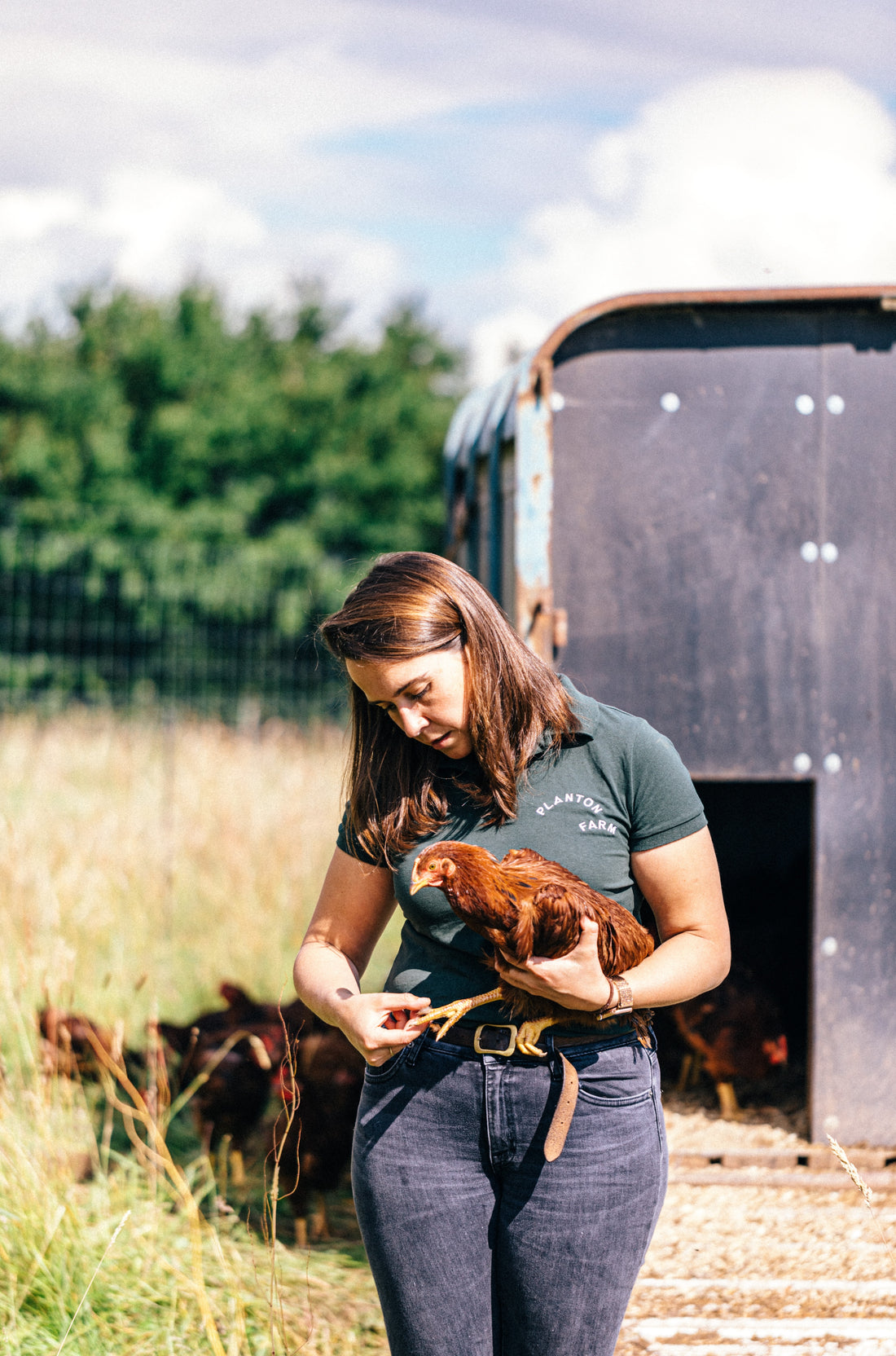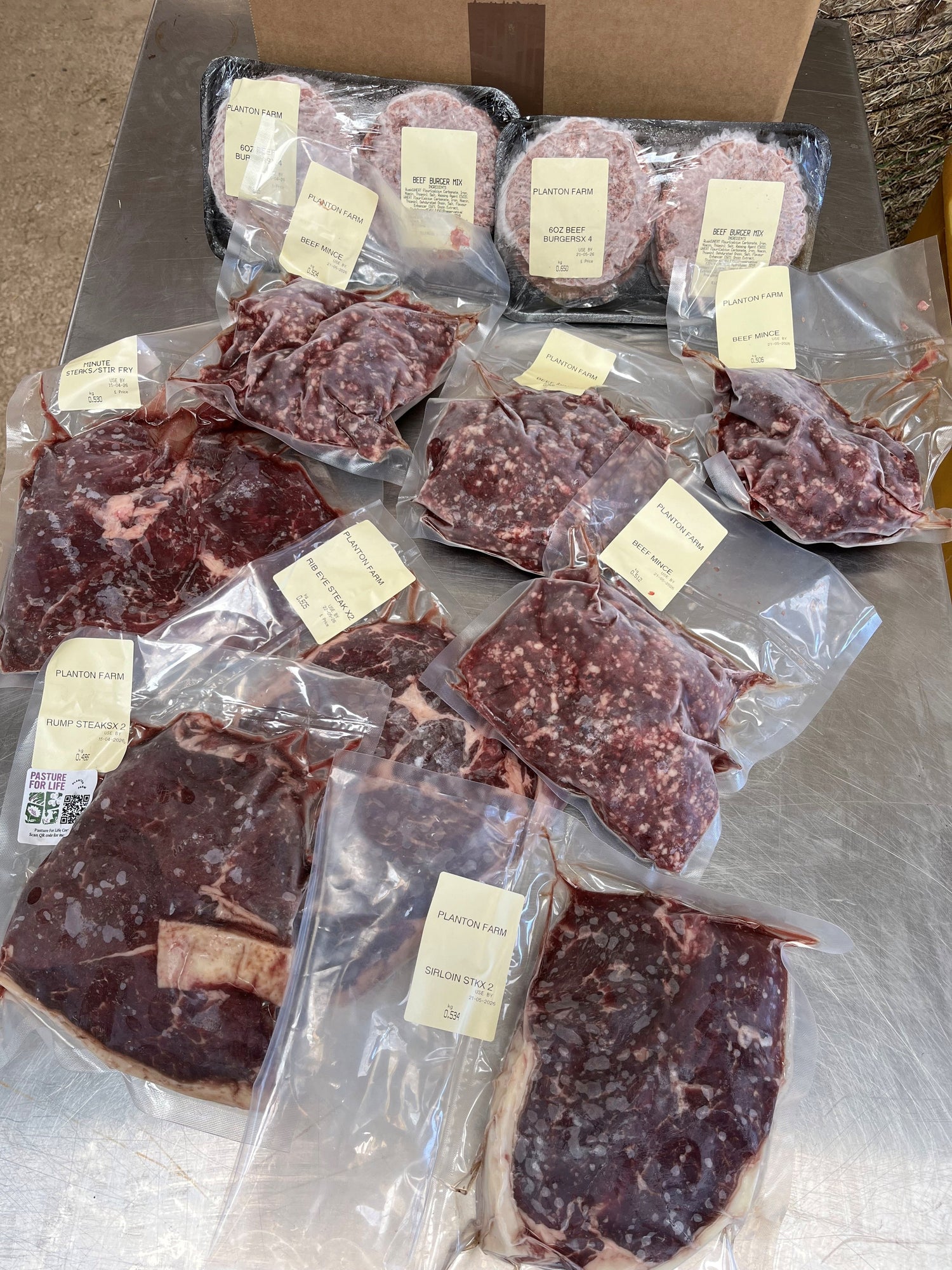
Poultry research
Share
Annie has conducted extensive research on the welfare of broilers (meat chickens) and laying hens. Annie's research spans behavioral studies, welfare assessment techniques, and management practices aimed at improving the quality of life for poultry. Below is a summary of her notable poultry-related contributions:
Research on Broilers
"Slow-growing broilers are healthier and express more behavioural indicators of positive welfare" (Scientific Reports, 2020):
Annie investigated the health and behavior of slower-growing broiler breeds compared to conventional fast-growing breeds. The study demonstrated that slower-growing breeds exhibit better welfare outcomes, such as reduced lameness and increased natural, positive behaviors like dust bathing and perching.
Key Insight: Transitioning to slower-growing breeds can significantly enhance industrial broiler welfare.
"The application of positive behavioural measures for commercial broiler production" (PhD Thesis, University of Bristol, 2023):
Annie adopted pracital assessment methods for positive behavioral outcomes, such as QBA and counts of positive behaviours, in commercial broiler production. Her findings support the integration of positive welfare measures into industry practices.
Key Insight: Positive behaviors are essential indicators of good welfare and can guide improved husbandry practices.
Research on Laying Hens
This study linked piling behavior to reduced egg production and highlighted the sublethal impacts of piling on laying hens' welfare and productivity.
Key Insight: Even without fatalities, piling can have significant negative effects on hen health and farm economics.
This survey explored how free-range egg farmers understand and manage antimicrobial use, emphasizing the importance of responsible medicine practices.
Key Insight: Education and policy are vital to balancing poultry health with antimicrobial resistance concerns.
Annie's work bridges science and industry, offering practical recommendations for improving poultry welfare. By focusing on both positive welfare indicators and management strategies, she provides insights into reducing harmful behaviors (e.g., smothering in hens) while promoting healthier, higher welfare farming systems. Her research underscores the importance of animal-centric design within food systems.
